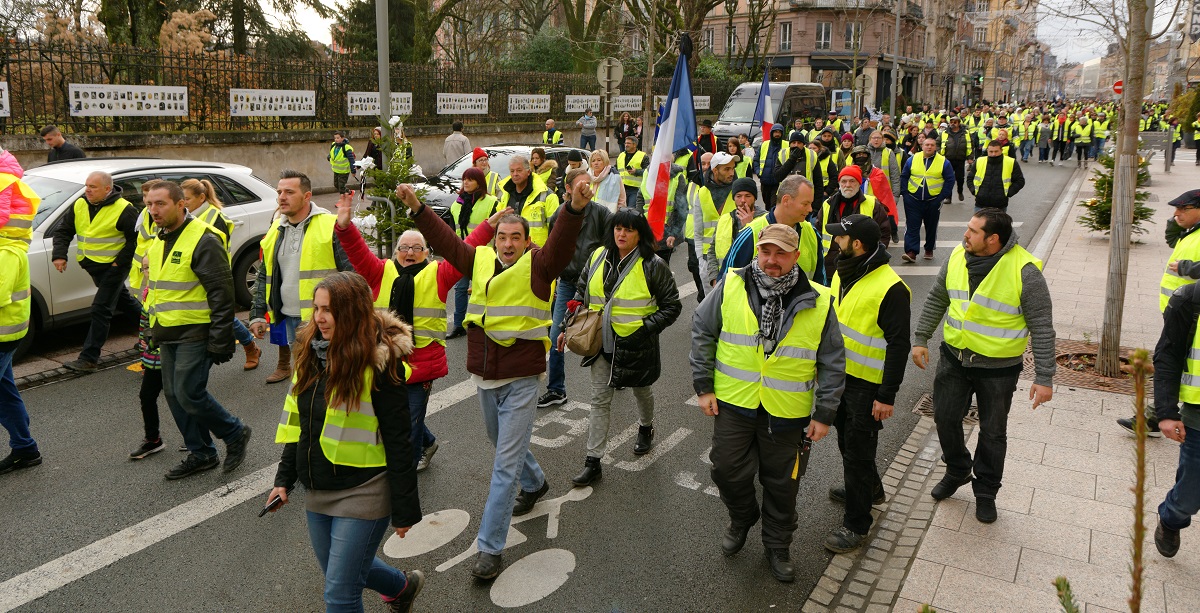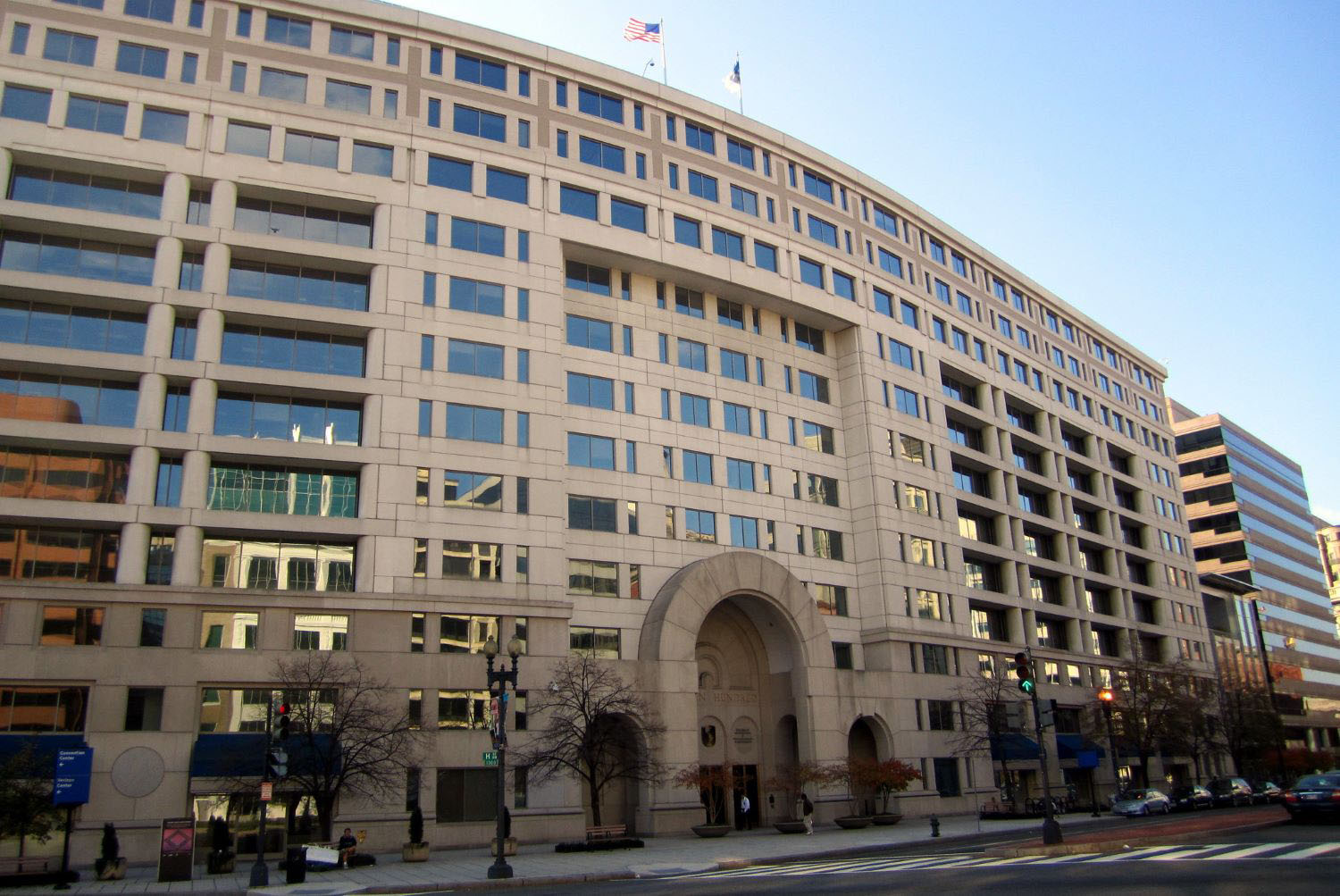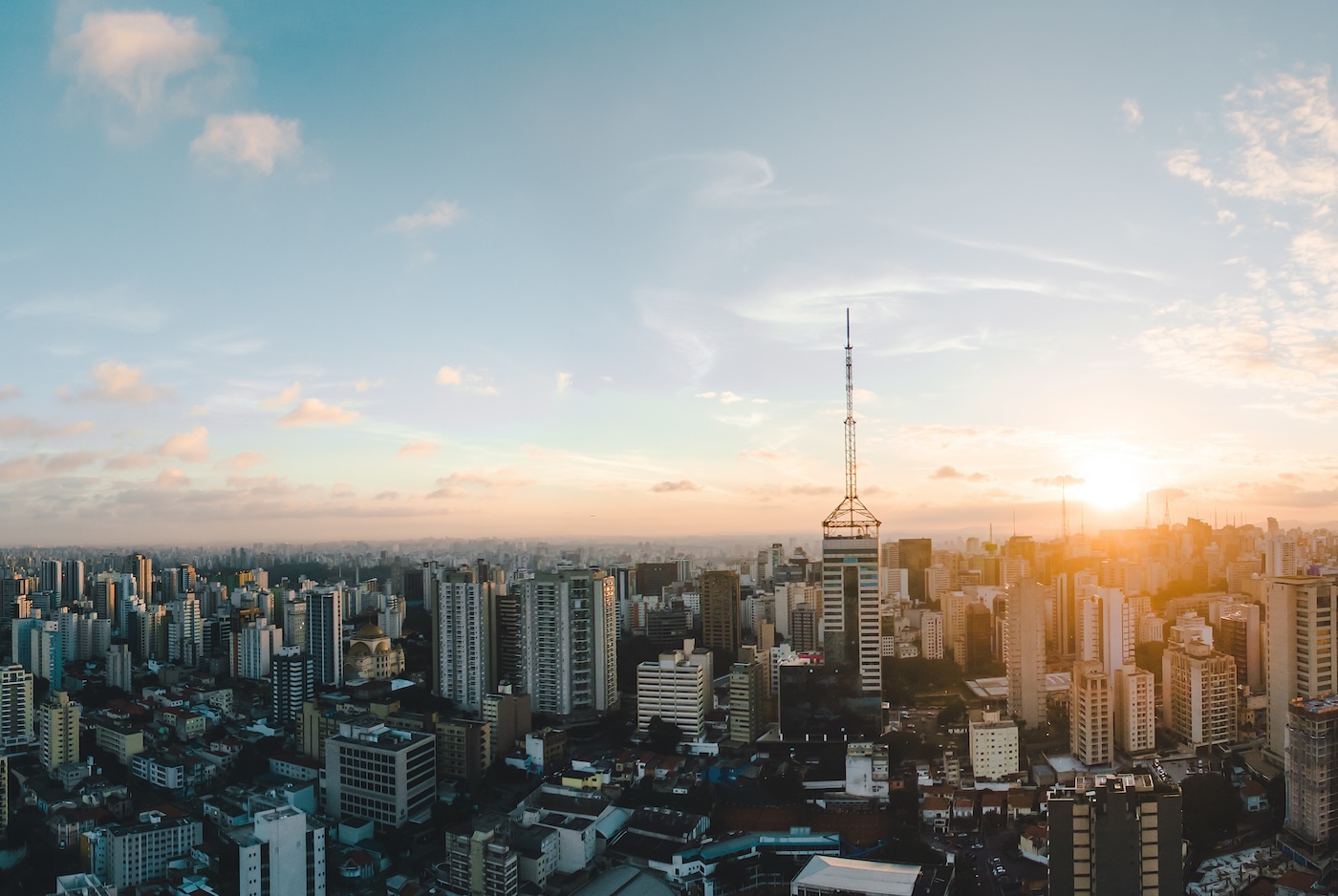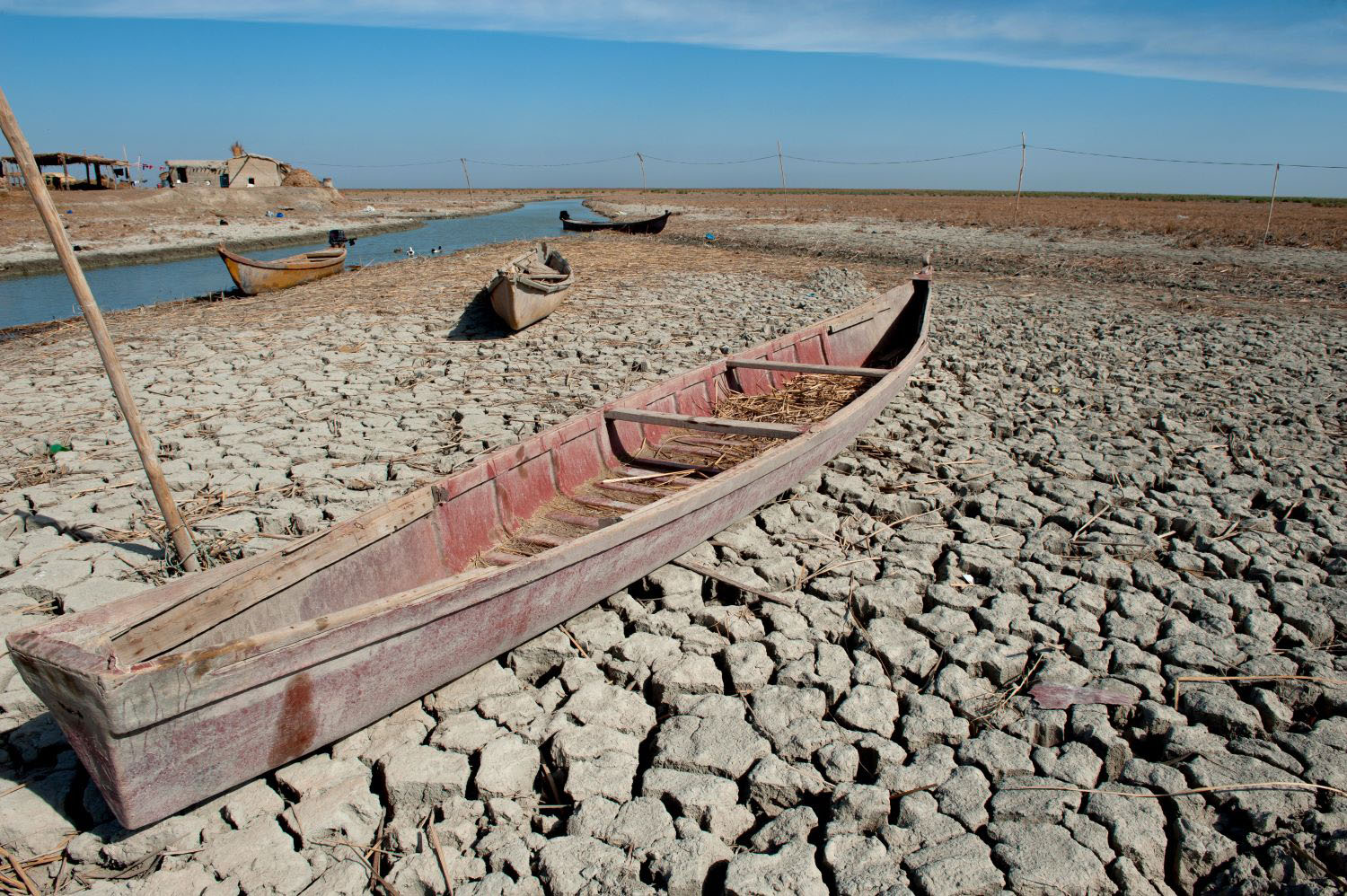Recommended
Bolivia has reduced poverty substantially over the past decade by taxing hydrocarbons to fund a generous social safety net, but low gas prices and export demand loom large.
The ongoing Bolivian electoral crisis has kicked off widespread analysis of Evo Morales’ legacy leading the country. The headline numbers for poverty reduction are impressive: In about 11 years, Bolivia raised a quarter of its population out of poverty (using Bolivia’s poverty line) and more than halved extreme poverty (using the $1.90-per-day line from the World Development Indicators). Having lived and worked in Bolivia for several years, it is apparent to me that this progress will become much harder to maintain.
The policies underpinning Bolivia’s best-on-the-continent economic growth under Morales’ leadership have largely been built on prudent, Washington Consensus-style macroeconomic management (if you look past the rhetoric), combined with generous increases in the social safety net via a variety of new and improved transfer programs.
But look underneath spending to the revenue sources, and a red light emerges: The big social transfer programs are funded directly by Bolivia’s tax on hydrocarbons. This means that when natural gas prices or demand are high, abundant revenues makes it easier to run up budget surpluses and build up large foreign exchange reserves, which pay for anti-poverty efforts.
The problem now is that gas prices are low—and the demand for Bolivian gas specifically is running into major headwinds.
Revenue tightening is on the horizon
Bolivia was fortunate to have signed long-term contracts during a period of high international gas prices with its two biggest export partners, Brazil and Argentina, which locked in prices that were probably too high compared to the open market. But the major Brazilian contracts are now up for renegotiation, and both those importers are looking to develop domestic natural gas production while also reducing their imports. Likewise, the liquefied natural gas available on international markets is a cheaper substitute for Bolivia’s gas. Meanwhile, Argentina’s importing agency is already pushing for early renegotiation on a contract which ends in 2026.
Could Paraguay, Peru, or Chile provide some respite? An agreement is in place with Paraguay to build a pipeline for gas exports, but that isn’t slated to begin operations until 2024. Likewise, there’s no pipeline to Peru and Bolivia’s ongoing enmity with Chile precludes it as a gas partner (the 2003 Gas War was fought over a proposal to export gas via a Chilean port).
Reforming inefficient gas subsidies could ease the fiscal burden—but that’s easier said than done
One way to reduce the fiscal burden of lower prices would be to reform national gas subsidies. Fuel subsidies are typically an inefficient way of helping the poor, both since they encourage waste and because richer people tend to consume more energy. In a CGD paper last year, Roberto Laserna estimated Bolivia’s domestic gas subsidies cost up to $10.6 billion between 2005 and 2016, an average of $883 million per year. Anit Mukherjee and Alan Gelb have noted that that the same infrastructure Bolivia uses to deliver social transfers (like the pension system) could be deployed to deliver gas vouchers to citizens who depend on subsidies—replacing across-the-board fuel subsidies with programs targeted at the poor specifically. But the political economy of a gas subsidy reform would be immensely controversial—as Morales’ attempt to withdraw subsidies in 2010, which lasted all of five days, shows. In the current environment, the prospects for such a reform seem bleak.
Bolivia put the benefits of its gas boom to great effect in cutting poverty—but with a more pessimistic resource outlook ahead, the next five years are probably going to be more fiscally challenging for the next Bolivian government.
Thanks to Anit Mukherjee for his helpful input
Bolivia ha reducido sustancialmente la pobreza en la última década al gravar los hidrocarburos para financiar una generosa cobertura de seguridad social, pero los bajos precios del gas y la demanda de exportación amenazan estos éxitos.
La actual crisis electoral boliviana ha dado lugar a distintos análisis del legado de Evo Morales. Las estadísticas sobre la reducción de la pobreza son impresionantes: en aproximadamente 11 años, Bolivia sacó a una cuarta parte de su población de la pobreza (usando la línea de pobreza de Bolivia) y a más de la mitad de la pobreza extrema (usando la línea de 1,90 dólares al día de los Indicadores del Desarrollo Mundial (WDI por sus siglas en inglés). Después de haber vivido y trabajado en Bolivia durante varios años, me parece que este progreso va a ser difícil de mantener.
Las políticas de Bolivia que sustentan el mejor crecimiento económico de la región bajo el liderazgo de Morales se han basado en gran medida de una gestión macroeconómica prudente, al estilo del Consenso de Washington (si se mira más allá de la retórica), combinado con generosos aumentos en la red de seguridad social a través de una serie de nuevos y mejorados programas.
Pero si se miran las fuentes de ingresos, una luz roja destaca: los grandes programas de transferencia social son financiados directamente por impuestos a los hidrocarburos. Esto significa que cuando los precios o la demanda del gas natural son altos, los ingresos abundantes hacen más fácil acumular excedentes y reservas de divisas, que pagan los esfuerzos contra la pobreza.
El problema ahora es que los precios del gas son bajos y la demanda de gas boliviano en concreto se encuentra con grandes vientos en contra.
Se aproxima una bajada de los ingresos
Bolivia tuvo la suerte de haber firmado contratos a largo plazo durante un período de altos precios internacionales del gas con dos de sus principales socios comerciales, Brasil y Argentina, con los que acordaron los precios cuando probablemente eran demasiado altos en comparación con el mercado abierto. Pero los principales contratos brasileños están ahora en fase de renegociación, y ambos importadores están buscando desarrollar su producción nacional de gas natural y al mismo tiempo reducir sus importaciones. Además, el gas natural licuado disponible en los mercados internacionales ya es un sustituto más barato del gas de Bolivia. Mientras tanto, la agencia importadora de Argentina está presionando para una renegociación anticipada del contrato que finaliza en el 2026.
¿Podrían Paraguay, Perú o Chile proporcionar un alivio? Existe un acuerdo con Paraguay para construir un gasoducto para las exportaciones de gas, pero no está previsto que opere hasta el 2024. Del mismo modo, no hay un gasoducto hacia Perú, y la enemistad con Chile impide que sean socios (la Guerra del Gas en el 2003 se libró por una propuesta para exportar gas a través de un puerto chileno).
Reformar los subsidios ineficientes al gas podría aliviar la carga fiscal, pero es más fácil decirlo que hacerlo
Una forma de reducir la carga fiscal de la caída de los precios sería reformar los subsidios nacionales al gas. Los subsidios a los combustibles suelen ser una forma ineficiente de ayudar a los pobres, ya que fomentan la contaminación y las personas más ricas son las que suelen consumir más energía. En un documento de CGD del año pasado, Roberto Laserna estimó que los subsidios nacionales al gas de Bolivia costaron hasta 10,6 mil millones de dólares entre 2005 y 2016, un promedio de $883 millones por año. Anit Mukherjee y Alan Gelb han señalado que la misma infraestructura que Bolivia utiliza para las transferencias sociales (como el sistema de pensiones) podría implementarse para entregar vales de gas a los ciudadanos que dependen de los subsidios, reemplazando los subsidios generales de combustible con programas focalizados en los pobres. Pero la reforma del subsidio al gas sería muy controvertida, como así demuestra el intento de Morales de retirar los subsidios en 2010, que duró cinco días. En contexto actual, las perspectivas de estas reformas parecen sombrías.
Bolivia aprovechó los beneficios del auge del gas para reducir la pobreza, pero con una perspectiva más pesimista sobre sus recursos, los próximos cinco años del gobierno boliviano serán probablemente más difíciles desde el punto de vista fiscal.
Gracias a Anit Mukherjee por sus útiles aportes.
Disclaimer
CGD blog posts reflect the views of the authors, drawing on prior research and experience in their areas of expertise. CGD is a nonpartisan, independent organization and does not take institutional positions.






